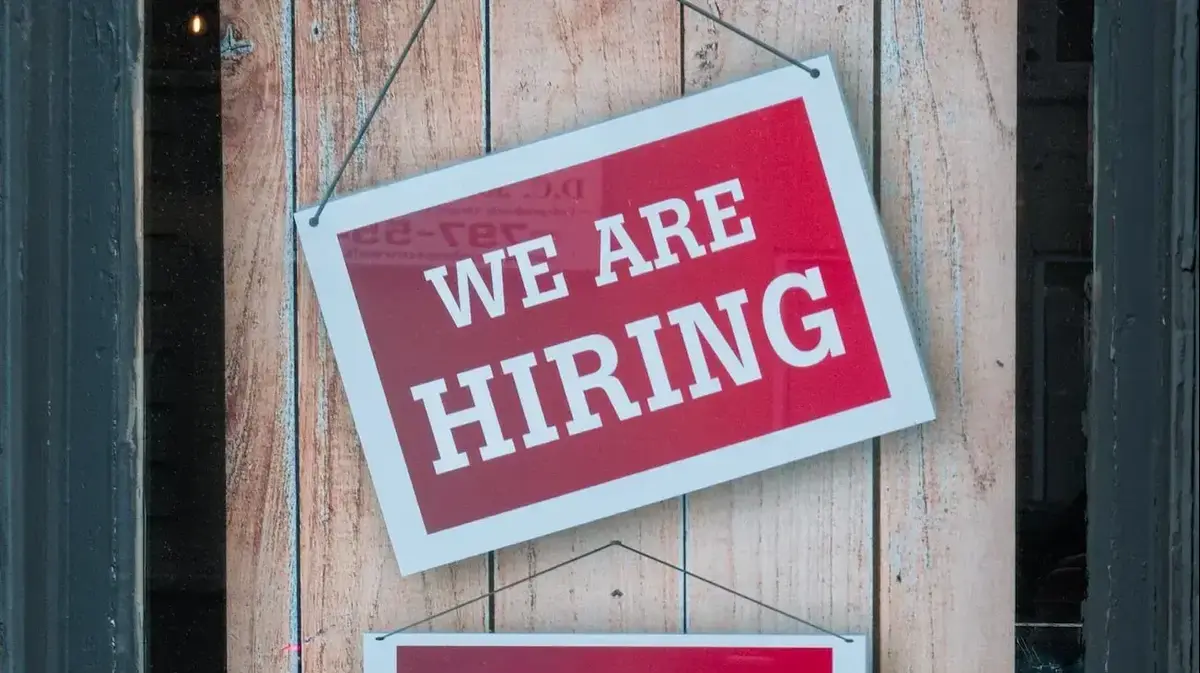The corporate world has a living dead, a non-corpse in the closet that refuses to die and agonizes since the irruption, four decades ago, of the Silicon Valley model. These are the intermediate positions. Elon Musk describes them as the "dead weight" that hinders the growth of companies. For Mark Zuckerberg they are the last bastion of hierarchical thinking, that poisonous bureaucratization of work environments that conspires against productivity and crushes innovation.
Last March, Zuckerberg announced that his company, Meta, has chosen to restructure, that is, convert "a large number of supervisors into supervised." That is, it strips them of their chevrons, makes them go down into the mud and expects them that, once freed from routine tasks and basically rather superfluous, they contribute much more value and make the most of their talent. Musk has also dropped that his team leaders will have to reschedule, that supervising the work of others is no longer enough to justify their salaries.
It rains on wet: a study by the consulting firm Gartner in June 2022, cited in recent weeks by media such as CNN or The New York Times, states that a quarter of middle positions in US companies feel trapped in an unsatisfactory work routine and that a similar percentage "has lost motivation or emotional involvement".
Following the study, Molly Lipson, editor of Business Insider, concluded, in a somewhat gimmicky way, that perhaps the time has come to dispense with that "17.9% of professionals who receive managerial salaries, but basically perform tasks of foreman or bedel". For Lipson, if their objective input is questionable and they don't even seem particularly motivated to do what they do, there's no point in continuing to count on them. Just a few days ago, another editor of Business Insider, Aki Ito, advanced a somewhat more nuanced thesis: perhaps companies that consider themselves "bold and disruptive" (she, in addition to Meta, Tesla or Twitter, cites Amazon or the shoe retailer Zappos) are looking for ways to lighten their structures in times of uncertainty and have chosen to start the sieve by the apparently weakest link: Those who do not "produce" but neither exercise true corporate power nor make the big decisions.
Ultimately, according to Ito, it would be a matter of choosing between two basic management models: the horizontal and the hierarchical. The first, in the opinion at least of apostles of the "new horizontality" such as Zuckerberg and Musk, would be becoming obsolete: companies only demand intermediate steps when they have been structured in an unnecessarily complex way, on dysfunctional pillars such as segmentation and opacity. The way would be to renounce so much rigidity and so much corseted and sterile structure to embrace a fertile chaos, a kind of anarchy of autonomous individuals who share information and tasks on an equal footing: the horizontal model. Ito points out that the pyramids to which you extirpate the intermediate strata do not cease to be pyramids. Even if it's only two floors: Elon Musk and his tightly trusted circle at the top, a troop of "non-hierarchical" subordinates at the base.
Ito adds that the idea is not at all new, which has already been put into practice in previous times, such as between 1986 and 1998 (a period in which, according to Gallup data, the percentage of workers who answered directly to the president of the company, without intermediate bosses, increased exponentially), with uncertain evaluation results. Horizontal momentum is a back-and-forth idea. It becomes fashionable in times of crisis or disruptive transformation like ours and is usually discarded in favor of hierarchy in more stable phases or when the charm of novelty is exhausted. Now it is time to release ballast and promote a direct thread between professionals and senior managers, without supposedly burdensome and annoying intermediaries. Perhaps when leading companies complete their internal restructuring processes, the pendulum will swing back, subtly, to the side of hierarchy and middle bosses.
Stop, Elon! Neither horizontal nor vertical
Professionals with initiative and talent accept the evaluation. Not supervision. They demand respect for their autonomy and to be treated as adults. That's the theory. In practice, a Gallup study on the degree of satisfaction of employees of large US companies shows that 76% give importance to the personality, ability and attitudes of their direct supervisor. If it is someone competent, with good treatment and they are in tune, they tend to be happy. If not, their routines can become hell. Only 11% attribute that importance to senior managers or owners. Perhaps the discourse of horizontality obviates something substantial: good supervisors create value and doing without them may not be a good idea.
You can follow ICON on Facebook, Twitter, Instagram, or subscribe here to the Newsletter.














